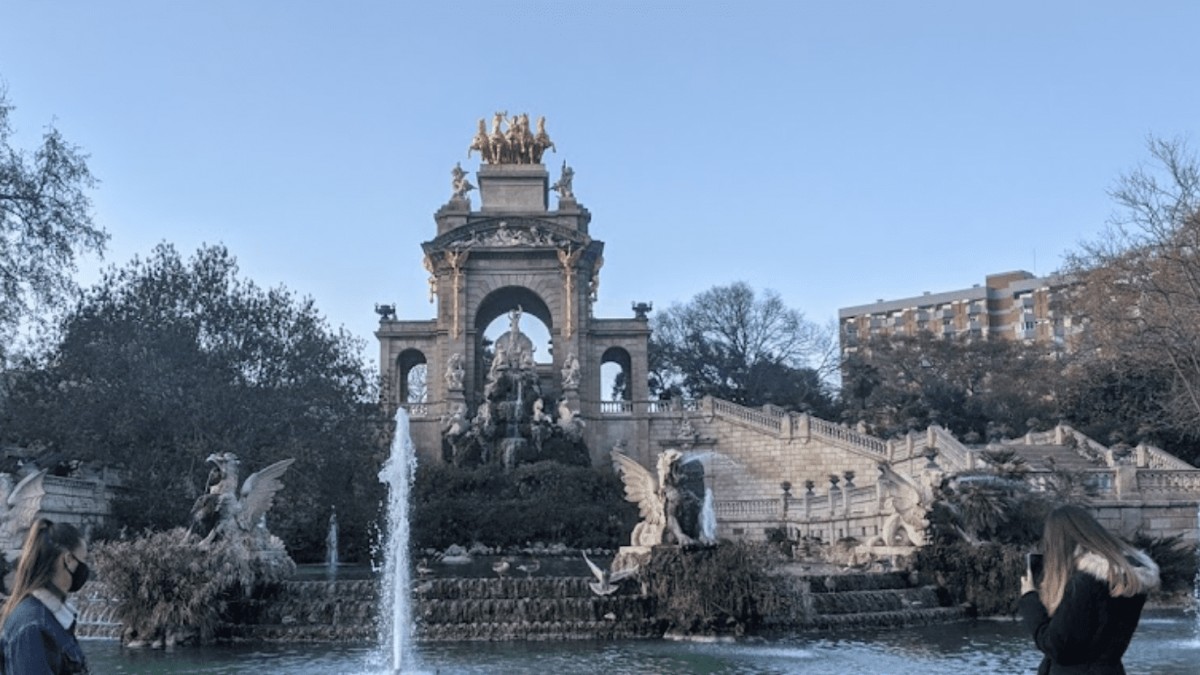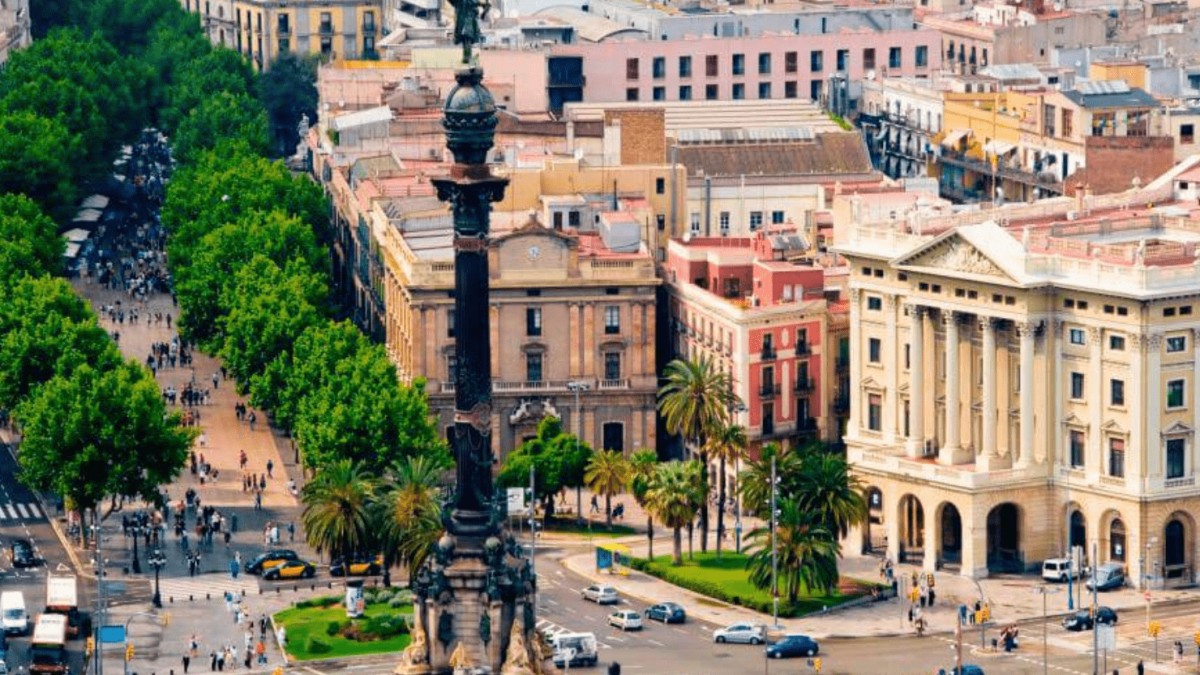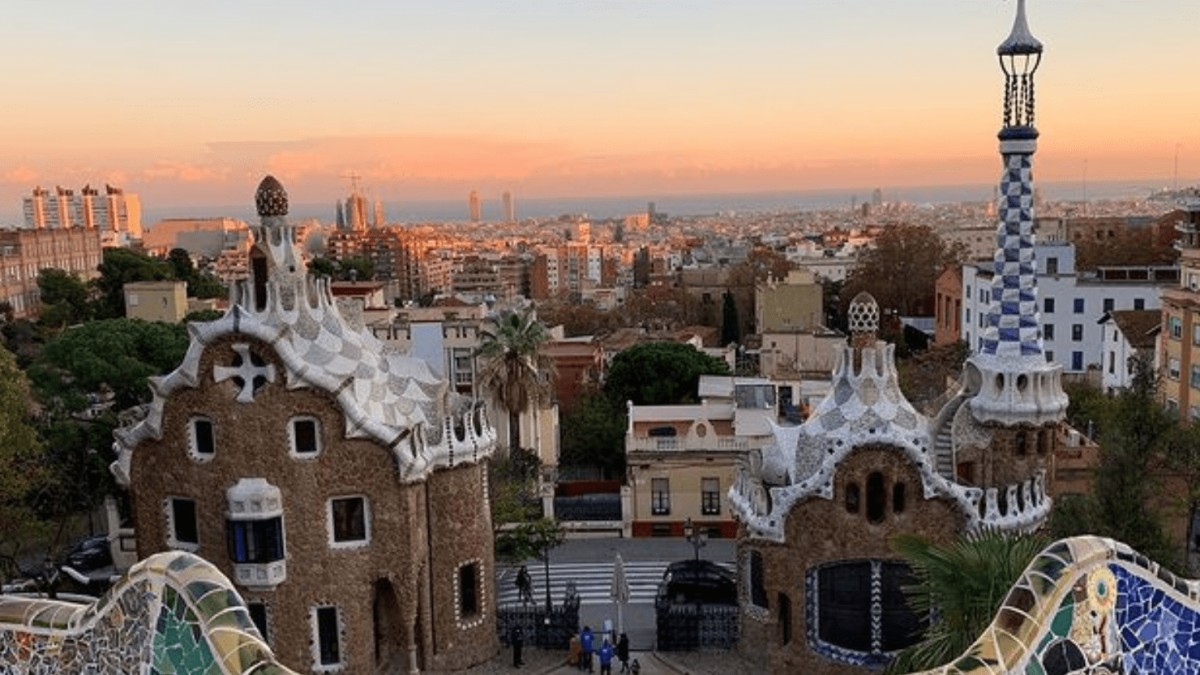Barcelona is the capital of the autonomous community of Catalonia and the second largest city in Spain. Nowadays, it is the most visited city in the country. Numerous tourists are attracted here by a large number of cultural and historical monuments. Many of Barcelona's landmarks are recognized by UNESCO as Cultural Heritage Sites.
A good assistant for tourists in Spain is the online car booking service. In Barcelona, the average cost of renting a compact car is about 13 euros per day, in Valencia - 16 euros per day.

The history of the founding of Barcelona has two options, but neither of them is correct. Barcelona was officially founded in 15 BC. by the Romans as a military camp. Under the Romans, a small settlement grew into a fairly large port city, which even minted its own coins. The remains of the city walls of that era have survived to our time.
With the beginning of the decline of the Roman Empire, barbarians began to attack the city, as a result of which at the beginning of the 5th century the city fell under the control of the Visigoths. At the beginning of the 8th century, Barcelona was conquered by the Arabs and remained in their hands until 801, when it was captured by the son of Charles the Great, Louis, after which Barcelona became the capital of the Spanish Mark, which was ruled by the Count of Barcelona.

Over time, the counts became more and more independent, and after the unification of Barcelona and Aragon in 1137, their influence increased many times over. The new kingdom was named Aragon, and in a short time he managed to take possession of a large territory, which included Naples, Sicily and other smaller kingdoms. However, in a short time, Barcelona began to decline, which was caused by the unification of the kingdoms of Aragon and Castile.
With the opening of America, almost all trade was concentrated on transatlantic traffic, as a result of which Barcelona ceased to be the main port of Spain. In the period from 1650 to 1654, a plague raged in the city, as a result of which half of the population died. The city and its surroundings suffered greatly during the Napoleonic invasion, but in the end it turned out to be a blessing for the city, since after that the city ceased to be agrarian and became industrial.

During the civil war, Barcelona was captured by Franco's troops, after which many residents were forced to flee to France. After that, Catalan autonomy was abolished and the use of the Catalan language was prohibited. But despite all the horrors of the civil war, and then numerous oppression, Barcelona continued to develop economically and culturally. Currently, the city is a major tourist, economic, financial, educational and sports center.